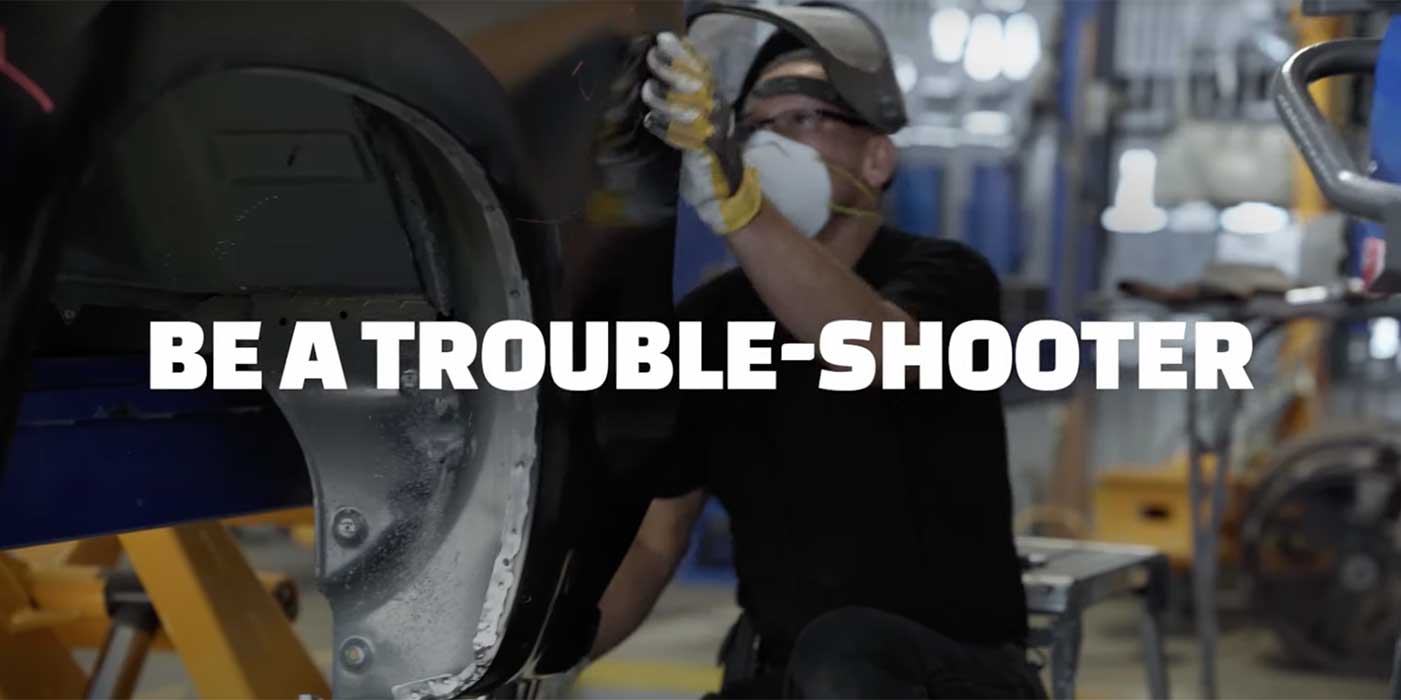“I don’t need training, I’ve been doing this for 20 years.”
“Why should we listen to the automakers about how to fix their vehicles? Ever see how many recalls they have? They’re not perfect either.”
“The guy down the street has been repairing aluminum horse trailers for years and he never needed an aluminum room.”
Ever hear any of these? At some point, this industry has to get on the same page as to how to properly and safely repair vehicles.
At the recent Collision Industry Conference (CIC) in Seattle, one attendee said, “Who better to tell us how to fix vehicles than the company that designed, engineered and manufactured it?”
But in the next breath, you’ll hear someone downplay OE repair recommendations and talk about the real world and how body shops see situations you can never plan for and sometimes must improvise.
Several years ago, ASA, SCRS and AASP all jointly declared that OE repair procedures should be the standard. Apparently some people weren’t listening.
Also at CIC, Mark Allen, collision programs and workshop equipment specialist with Audi, lamented how a repairer sent a photo of an Audi he was repairing asking how wide certain gaps should be. In the photo, he was using a wooden ruler, hardly an accurate tool compared to the feeler gauge Audi recommends in its repair guidelines.
Access to OE data and adherence to OE repair recommendations is more critical than ever today given the high level of sophistication modern vehicles have. One only needs to reference the recent $438,000 judgment against a dealer shop for the faulty repair of a Land Rover, where a technician said he did not access OE procedures and did not know where to find them. More of these lawsuits await our industry if we don’t get with the program.













